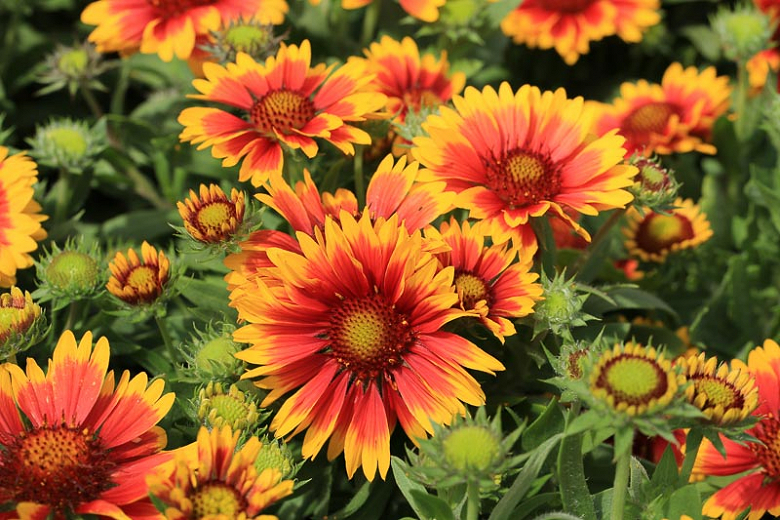Gaillardia aristata is a flowering plant that belongs to the sunflower family. This plant has the capabilities to grow in various habitats. It is considered a Perennials herb that grows up to 20-70 cm. The leaves of these flowers are in a lance shape. And located close to the base and many erect. Its stems are naked that holds the flowers beautifully. Each Blanket flower possesses a reddish or brown purple disc at its central position. Along with this, this flowering plant has dark bases.
Suitable Environment To Grow:
This flower thrives to grow in full sun and good drainage soil. The ideal place to grow flowers is sandy or rocky places.
Common Names:
There are various common names of Gaillardia Aristata:
- Blanket flower
- Common gaillardia
- Great blanket flower
Scientific Name:
Gaillardia Aristata Prush
Colour:
These flowers are available in reddish-purple, yellow and brownish colours.
Blooming Time:
The best time to grow these flowers is from May to September.
Origin:
This flower is native to North America. And widely spread in various regions of East and South such as Arizona, Connecticut and Illinois.
Regions In Which It is Naturalized:
Blanket flower is also naturalized in various parts of the world such as Australia, South America and Europe.
Family:
Asteraceae is its family.
Genus:
Gaillardia
Species:
aristata
Attracts:
These flowers mostly attracts birds, Butterflies towards their beauty.
Tolerate:
Gaillardia aristata tolerates dry and drought soils.
Sun:
Full sun is essential for its healthy growth.
Water:
The water requirements of this plant range from dry to medium.
Maintenance:
Common Gaillardia does not need extra care and maintenance.
Frequently Asked Question:
1.What are the problems faced by Gaillardia?
There are various problems that this flower may face:
- If the soil has no good drainage then its roots can be damage.
- Powdery mildew, a fungal disease can also cause the death of this plant.
2.What is the average height of a Great blanket flower?
Flawlessly, these flowers can grow up to 36 inches in a compact mound. But most often it grows up to 12-18 inches.

